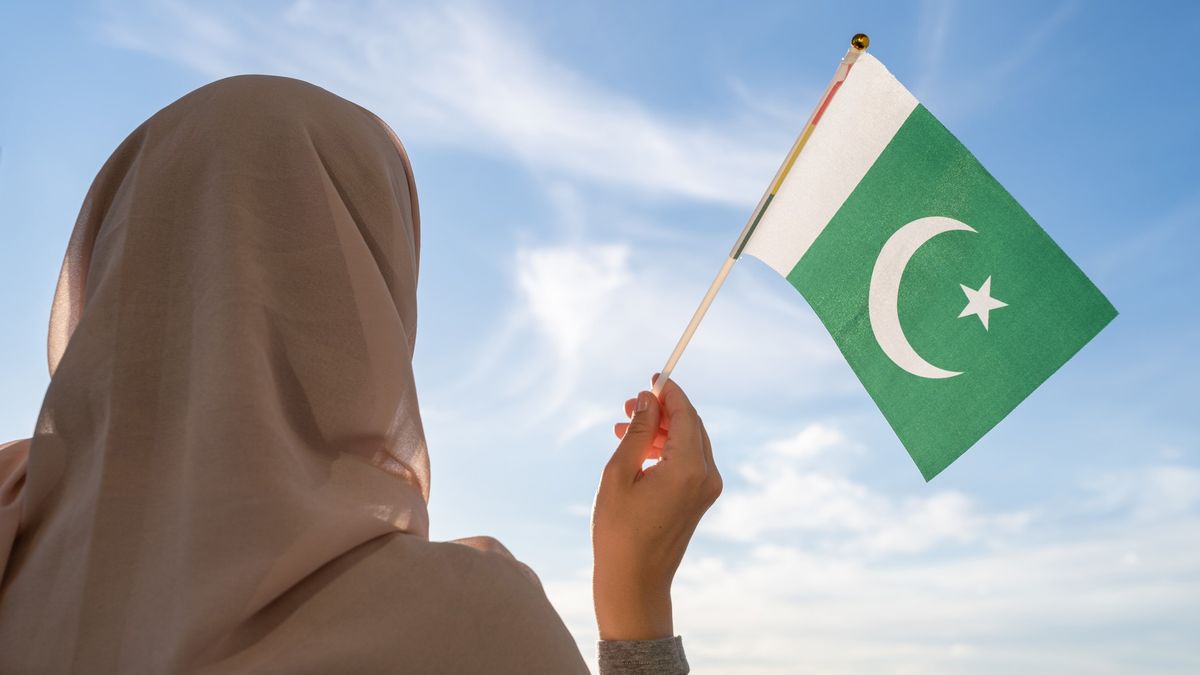People in Pakistan have been turning en masse to the best VPN apps once again over the past few days, as the country’s internet gets increasingly restricted.
As per data coming from Top10VPN, VPN demand has been soaring since Sunday, November 24, and is now expected to reach a 330% increase above the baseline. On Monday, Proton VPN also recorded a spike in VPN sign-ups from the country of 730% above normal levels.
This surge comes as Pakistan restricted access to WhatsApp over the weekend, ahead of planned anti-government protests. Only two days before, authorities blocked Bluesky as it gained more traction worldwide. X, Facebook, and Instagram are other popular platforms that cannot be accessed without a VPN at the time of writing.
While virtual private network (VPN) services keep being crucial tools for both residents and visitors who need to browse the free web, it’s just a matter of days before people in Pakistan could lose VPN access as authorities are set to implement a new VPN policy at the end of November.
Pakistan VPN new rules
The Pakistan Telecommunication Authority (PTA) is urging all businesses and freelance workers to register their VPN services before the November 30 deadline to avoid disruptions. The debate is still ongoing, however, on whether or not commercial VPN usage should also be blocked.
Certainly, the use of VPNs outside of legitimate purposes, such as education, banking, IT companies, and call centers, has attracted some criticism.
On November 15, for example, Pakistan’s religious chief argued that using a VPN is against Islamic law and called for a ban. Despite blaming a typo error in the statement a few days later – The News reported – the Ministry of Interior also called to block all “illegal” VPNs on the same day, claiming that terrorists use these tools “to facilitate violent activities and financial transactions in Pakistan.”
Residents also lamented issues using their VPN apps all day on November 9, in what appeared to be the beginning of the crackdown on “unregistered” VPNs. Authorities would later confirm the incidents to be a “brief technical glitch” instead.
The recent VPN throttling didn’t affect all providers, though. As the graph above shows, Proton VPN experienced a surge in usage of up to 350% throughout the day.
Experts cannot yet determine the real impact that Pakistan’s new VPN rules will have on users.
“It’s likely to be a bit of a lottery, at least at first,” Simon Migliano, Head of Research at Top10VPN, told TechRadar. “As we’ve seen in countries with a much more mature internet censorship regime, such as China and Iran, it’s near-impossible to block all the VPNs, all the time.”
Migliano then expects authorities to mainly target bigger brands. Potential blocks may also change day-to-day, he explains, as providers spin up new servers on fresh IP ranges.
“Rotating through multiple VPNs will likely be the most effective strategy going forward,” noted Migliano. To get ready, I suggest checking out our best free VPN page to get all the most secure freebies without paying for them.
Bear in mind that the legality of using a VPN to bypass restrictions in Pakistan isn’t yet clear. Commenting on this point, Migliano said: “Using an unregistered VPN in Pakistan after the deadline will be a risky proposition, depending on how strictly the authorities enforce the new rules.”






